
Americans Wary of Federal Influence on Public Schools
Prefer local school boards over federal government, 56% to 15%
WASHINGTON, D.C. — Americans’trust in U.S. leaders has slippedamid partisan gridlock that has led to federal government inaction on pressing issues at home and abroad.Americans’ weak confidence in the federal governmentextends to issues surrounding public education.
When asked to reflect on who should have the greatest influence on what is taught in the public schools, Americans prefer local school boards over the federal government by a wide margin, 56% to 15%. Twenty-eight percent believe state government should have the greatest say on curriculum.
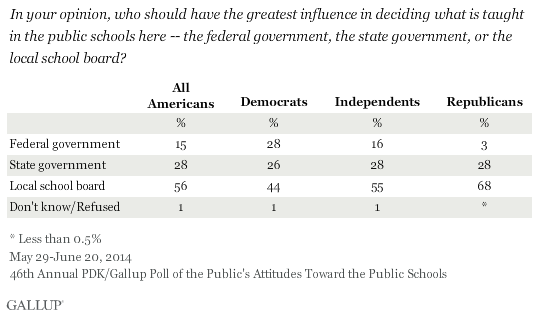
While about nine times as many Democrats as Republicans say the federal government should have the greatest influence, the local school board is still the most popular choice  among Democrats.
among Democrats.
These findings are from the46th Annual PDK/Gallup Poll of the Public’s Attitudes Toward the Public Schools. Results are based on a Gallup Panel telephone study of 1,001 adults, aged 18 and older, conducted from May 29-June 20, 2014.
Majority of Americans Oppose Common Core to Guide Teaching
Common Core is one of the dominant topics in American public education this decade. About eight in 10 Americans say they have heard at least a little about the Common Core State Standards. Of those, the majority oppose using the standards in their community to guide teaching. Those who report they know “a great deal” about the Common Core are somewhat less likely to favor them (24%) than those who only know a little (39%).
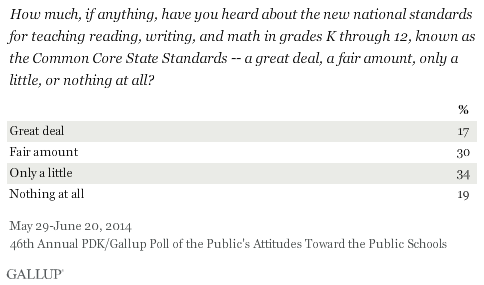
Majority opposition to the use of the Common Core State Standards to guide instruction persists across age, income, and education levels, but opinion diverges by political affiliation. Republicans who have heard of Common Core are twice as likely as Democrats to oppose use of the standards to guide teaching.
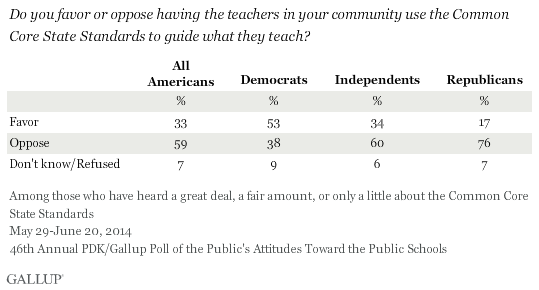
Results from theGallup Daily tracking surveyearlier this year show that 52% of public school parents who had heard at least a little about the Common Core Standards were somewhat or very positive about them. The PDK/Gallup poll item is somewhat more  specific, but results show that only about one in three (32%) public school parents favor having teachers in their community use the Common Core Standards to guide what they teach.
specific, but results show that only about one in three (32%) public school parents favor having teachers in their community use the Common Core Standards to guide what they teach.
Common Core Limits Teachers, Opponents Say
Respondents who oppose having the teachers in their community use the Common Core were given four reasons they might oppose them. About two-thirds (65%) say a very important reason is that it will limit the flexibility teachers have to teach what they think is best.
Though the Common Core State Standards were developed by the National Governors Association, it is possible that Americans associate the initiative with the federal government because of support from the Department of Education and President Barack 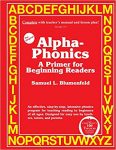 Obama. Despite declining trust in federal agencies and government generally, federal involvement with the Common Core State Standards does not emerge as a chief reason for opposition among the few that were proposed in this study. Just four in 10 opponents say the fact that the federal government originated the Common Core State Standards Initiative is a very important reason that they oppose them.
Obama. Despite declining trust in federal agencies and government generally, federal involvement with the Common Core State Standards does not emerge as a chief reason for opposition among the few that were proposed in this study. Just four in 10 opponents say the fact that the federal government originated the Common Core State Standards Initiative is a very important reason that they oppose them.
![Would you say that each of the following is a very important, somewhat important, not very important, or a not at all important reason that you oppose the use of the Common Core State Standards to guide what teachers in your community teach? How about [ITEMS ROTATED]? 2014 PDK/Gallup poll](https://content.gallup.com/origin/gallupinc/GallupSpaces/Production/Cms/POLL/hpwxtp81vugpxn1kbeydaw.png)
Common Core Is Important for Education Equity, Supporters Say
Those who favor use of the Common Core to guide teachers are most enthusiastic about the opportunity for education equity that the standards may afford. Three in four say a very important reason they favor the standards is that they will help students learn regardless of where they go to school.
The Publishers of ALPHA-PHONICS hope the information in this article is helpful to you. If you are thinking about teaching your OWN Children to read we suggest you consider using our ALPHA-PHONICS which has been used by tens of thousands of Parents to teach their OWN Children to read for over 36 years. You can learn all about it by visiting the LINKS below:
WEBSITE TESTIMONIALS REVIEWS AWARDS HOW TO ORDER

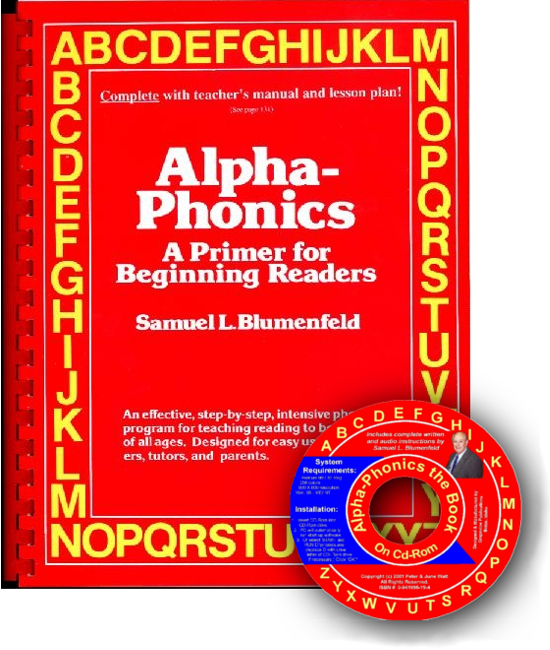 Alpha-Phonics
Alpha-Phonics The Alphabet Song!
The Alphabet Song! Water on the Floor
Water on the Floor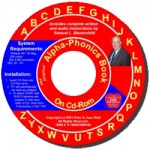 Alpha-Phonics the Book on CD Rom
Alpha-Phonics the Book on CD Rom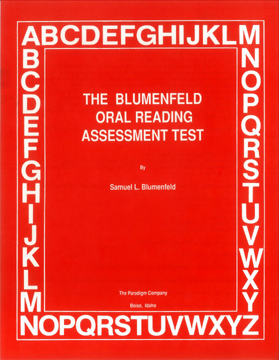 Blumenfeld Oral Reading Assessment Test
Blumenfeld Oral Reading Assessment Test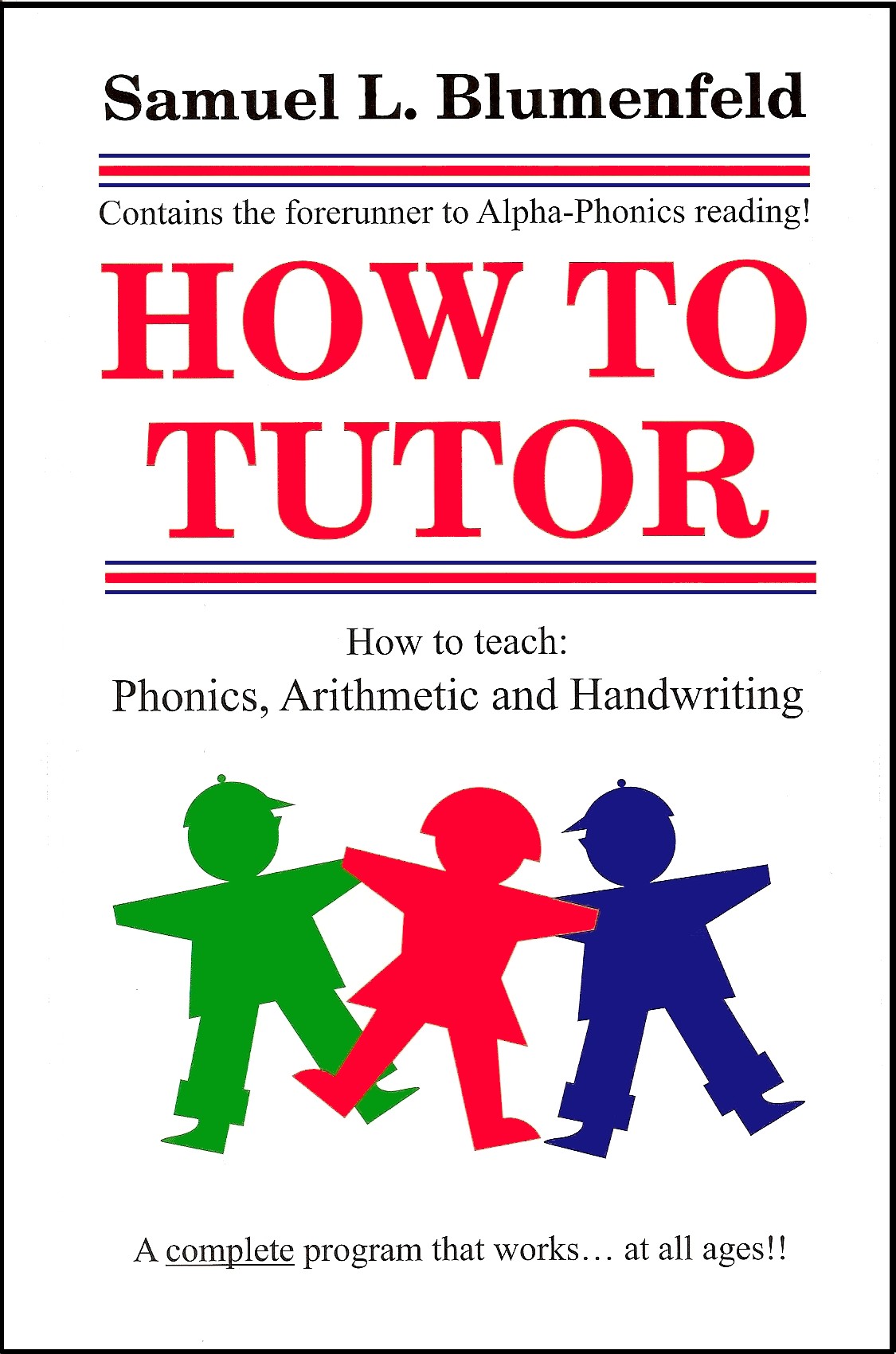 How To Tutor
How To Tutor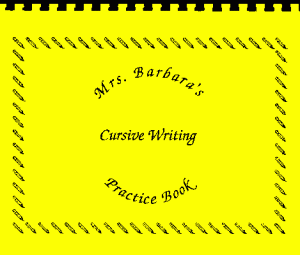 How To Tutor Cursive Handwriting Workbook
How To Tutor Cursive Handwriting Workbook